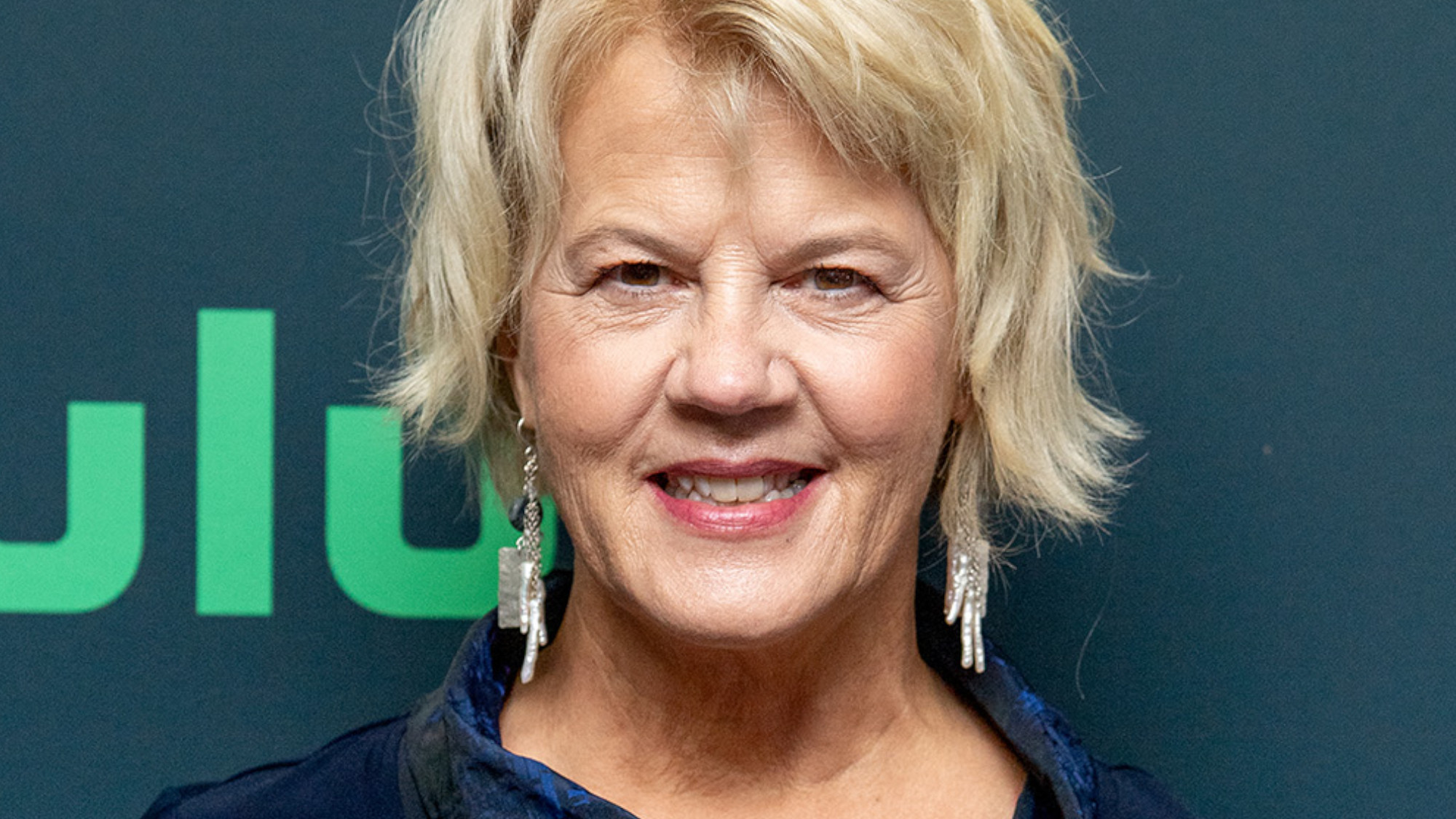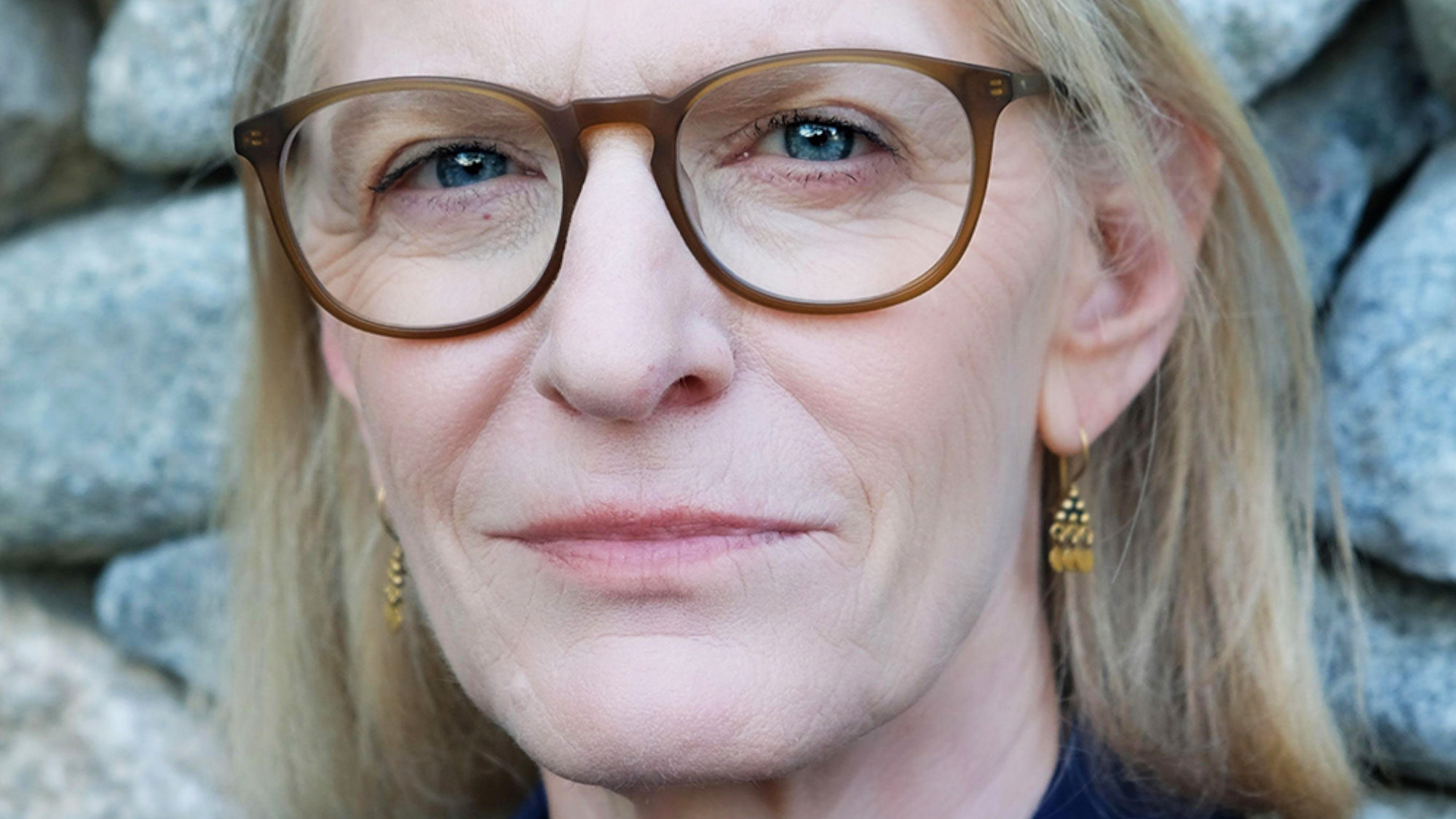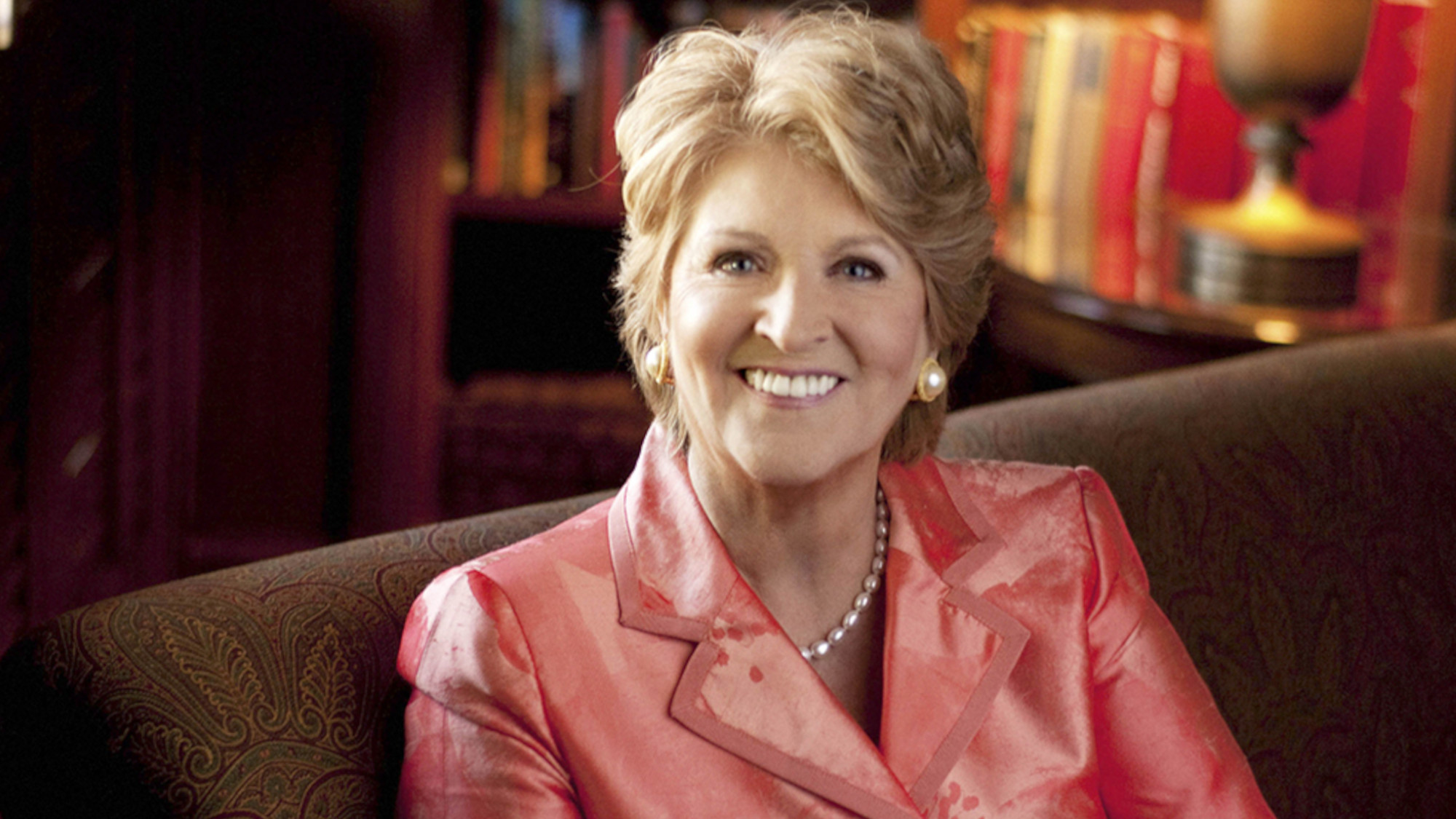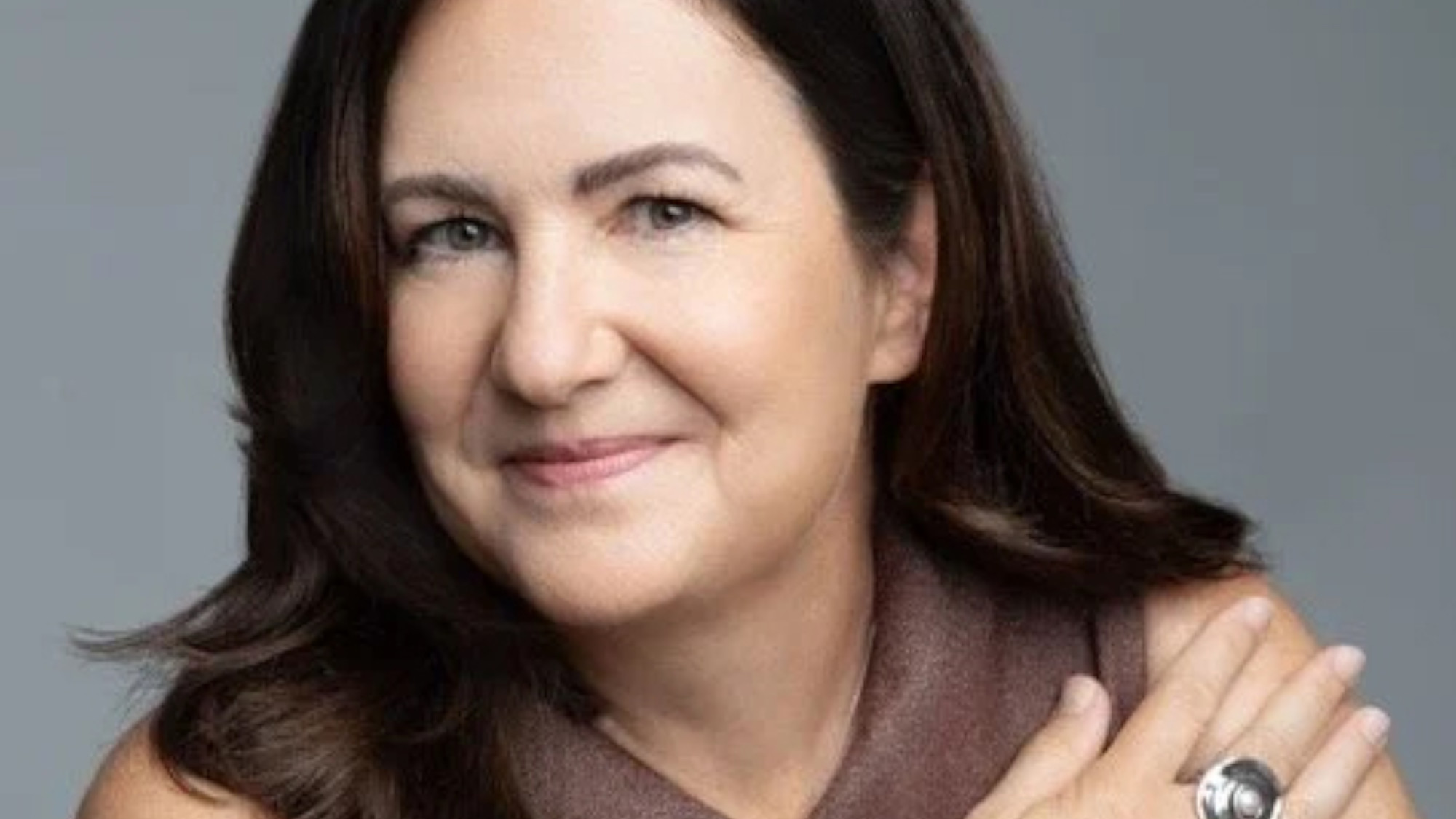Best books…chosen by Charles Kenny
The Foreign Policy columnist recommends six works about human progress.
A free daily email with the biggest news stories of the day – and the best features from TheWeek.com
You are now subscribed
Your newsletter sign-up was successful
Charles Kenny’s new book, The Upside of Down, explains why life in America might get better as the nation’s economic dominance wanes. Below, the Foreign Policy columnist recommends six works about human progress.
Happiness: A History by Darrin M. McMahon (Grove/Atlantic, $17). Before asking whether humanity is “doing better” today, it’s best to ask, “better at what?” McMahon tackles that question through a beautiful, accessible history of thought about the life well-lived—what it is that people through the ages have said they’re striving for.
Plagues and Peoples by William H. McNeill (Anchor, $17). Being alive is an important prerequisite for pretty much any definition of the good life. McNeill’s sweeping history shows what happens when infectious diseases strike at epidemic scale and the myriad effects those epidemics have had on political history and society.
The Week
Escape your echo chamber. Get the facts behind the news, plus analysis from multiple perspectives.

Sign up for The Week's Free Newsletters
From our morning news briefing to a weekly Good News Newsletter, get the best of The Week delivered directly to your inbox.
From our morning news briefing to a weekly Good News Newsletter, get the best of The Week delivered directly to your inbox.
The Better Angels of Our Nature by Steven Pinker (Penguin, $20). Violence, like disease, can make life nasty, brutish, and short. Pinker demonstrates that warfare, murder, rape—and even cruelty to animals—are on the wane planetwide.
Inventing Human Rights by Lynn Hunt (Norton, $16). Human rights as we understand them today were conceived during the French Revolution. Hunt explores what lay behind their creation and how that history has shaped the pursuit of individual liberties. However often declarations of rights are ignored, they increasingly define the norm against which leaders are judged wanting—and that itself is evidence of progress.
The Wealth and Poverty of Nations by David S. Landes (Norton, $20). Landes tackles the biggest economic question there is: Why did the West grow so rich over the past 200 years while, until recently, the rest of the world’s economies lagged behind? There’s much to disagree with in his analysis, but the sweep and the style of this 1998 book are incredible.
A New Green History of the World by Clive Ponting (Penguin, $18). Now that the developing world is finally catching up with the West economically, will progress be sustainable? Ponting lays out the role of the environment in shaping history—and the growing role of humanity in shaping the environment.
A free daily email with the biggest news stories of the day – and the best features from TheWeek.com
-
 Tourangelle-style pork with prunes recipe
Tourangelle-style pork with prunes recipeThe Week Recommends This traditional, rustic dish is a French classic
-
 The Epstein files: glimpses of a deeply disturbing world
The Epstein files: glimpses of a deeply disturbing worldIn the Spotlight Trove of released documents paint a picture of depravity and privilege in which men hold the cards, and women are powerless or peripheral
-
 Jeff Bezos: cutting the legs off The Washington Post
Jeff Bezos: cutting the legs off The Washington PostIn the Spotlight A stalwart of American journalism is a shadow of itself after swingeing cuts by its billionaire owner
-
 Beth Macy’s 6 favorite books about living in a divided nation
Beth Macy’s 6 favorite books about living in a divided nationFeature The journalist recommends works by Nicholas Buccola, Matthew Desmond, and more
-
 Gilbert King’s 6 favorite books about the search for justice
Gilbert King’s 6 favorite books about the search for justiceFeature The journalist recommends works by Bryan Stevenson, David Grann, and more
-
 Nathan Harris’ 6 favorite books that turn adventures into revelations
Nathan Harris’ 6 favorite books that turn adventures into revelationsFeature The author recommends works by Kazuo Ishiguro, Ian McGuire, and more
-
 Marisa Silver’s 6 favorite books that capture a lifetime
Marisa Silver’s 6 favorite books that capture a lifetimeFeature The author recommends works by John Williams, Ian McEwan, and more
-
 Lou Berney’s 6 favorite books with powerful storytelling
Lou Berney’s 6 favorite books with powerful storytellingFeature The award-winning author recommends works by Dorothy B. Hughes, James McBride, and more
-
 Elizabeth Gilbert’s favorite books about women overcoming difficulties
Elizabeth Gilbert’s favorite books about women overcoming difficultiesFeature The author recommends works by Tove Jansson, Lauren Groff, and more
-
 Fannie Flagg’s 6 favorite books that sparked her imagination
Fannie Flagg’s 6 favorite books that sparked her imaginationFeature The author recommends works by Johanna Spyri, John Steinbeck, and more
-
 Jessica Francis Kane's 6 favorite books that prove less is more
Jessica Francis Kane's 6 favorite books that prove less is moreFeature The author recommends works by Penelope Fitzgerald, Marie-Helene Bertino, and more